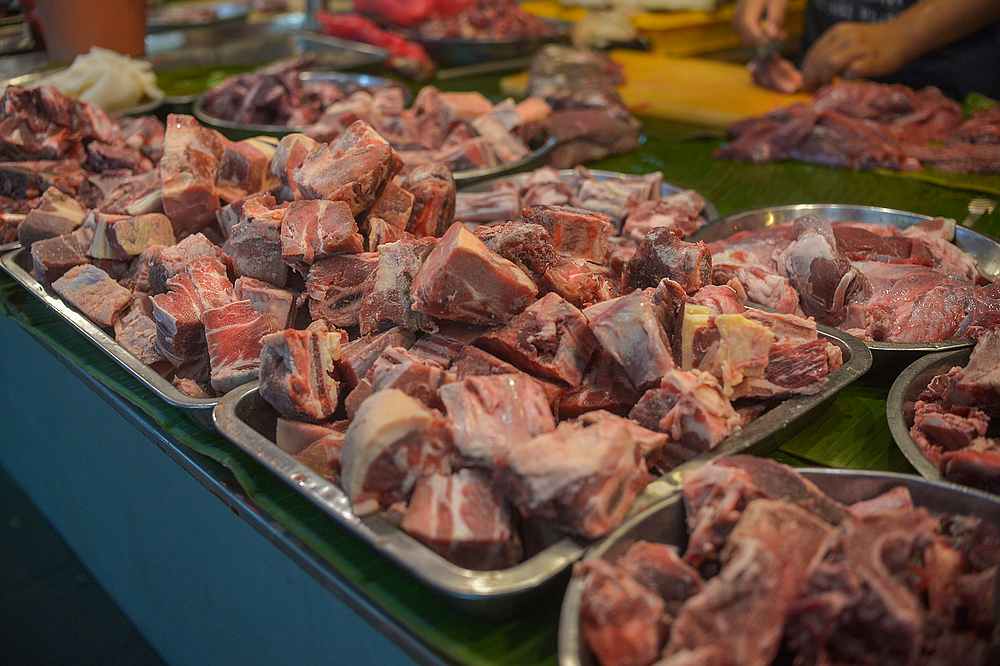IPOH, June 3 — The Perak Department of Veterinary Services (JPV) has never issued any statement regarding the alleged prohibition on the purchase of beef due to cattle disease as shown on social media sites and Whatsapp recently.
JPV, in a statement, has urged the public not to spread fake news.
“We request the cooperation of all Malaysians not to spread this fake news,” according to the statement.
It was in response to a viral message claiming that cattle disease was spreading in Perak and traders were selling beef at cheap prices because some farmers were discreetly slaughtering the cows even though they were infected with the disease.
The fake news also reminded the public not to buy fresh beef and that the information was allegedly obtained from JPV Perak.
It was reported earlier that Lumpy Skin Disease (LSD) which infects the skin of livestock was detected in a cattle farm in Simpang Pulai.
In another statement issued late this afternoon, the department said it had activated a surveillance programme to detect, control and prevent the spread of LSD nationwide.
The department said so far, a total of 81,252 cattle at 9,108 premises or farms had been inspected and found that 89 (0.1 per cent) of them showed symptoms of LSD infection.
“In an effort to prevent the spread of LSD through imported cattle, JPV has also tightened the conditions for the import of live cattle from abroad in collaboration with the Malaysian Quarantine and Inspection Services Department (MAQIS).
“This is to streamline control at the country’s border and to take action on any consignment of imported cattle that show symptoms of LSD at the Quarantine Station,” according to the statement.
It added that LSD had reportedly spread in several Asian countries including India, Bangladesh, Nepal, Bhutan, China, Chinese Taipei, Vietnam, Myanmar and most recently in Thailand.
It said that LSD caused by Poxviridae virus can spread among cattle through insect vector bites such as mosquitoes, transmitted through saliva and the noses of infected cattle.
“Clinical signs in infected cattle are nodules on the skin on part or all of the cow’s body. There is no specific treatment for LSD.
“Infected cattle can be given treatment to prevent secondary infections through antibiotics, anti-inflammatory and vitamins,” it said.
The department said although LSD did not have a high mortality rate, it did have an economic impact on the cattle industry and losses to farmers due to declining milk production in dairy cows, weight loss, miscarriage and infertility in bulls.
“LSD is not zoonotic, that is, it does not infect humans. In this regard, JPV denies pictures of individuals which claimed to have been infected with symptoms under their eyes due to LSD infection,” it said.
In the meantime, the department also requested the cooperation of industry players including importers, middlemen and cattle breeders to immediately contact the nearest JPV office if they suspect that cattle under their care or stables show symptoms of the disease.
The statement also said sampling would be conducted for the purpose of confirming diseases where infected cattle would have to be isolated and disposed of through slaughter at department slaughterhouses or licensed private slaughterhouses. — Bernama



















